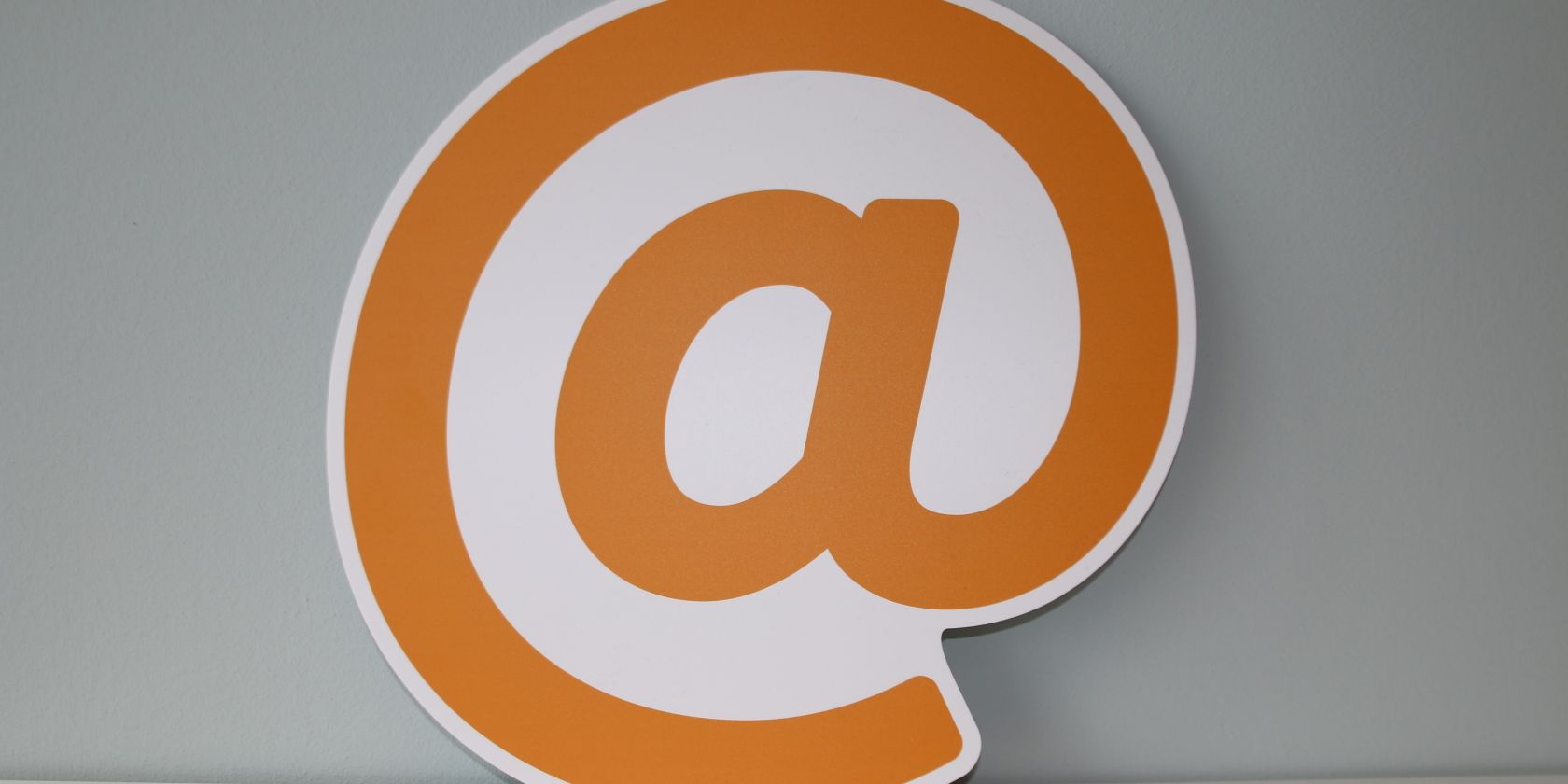Don't underestimate all the data in your Inbox and Sent folders in your email client. Your private information needs to be protected, and one way to ensure email privacy is with end-to-end encryption. The two most popular email providers that offer end-to-end encryption based on open-source codes are ProtonMail and Tutanota, but which one is the best?
What Does ProtonMail Offer?
ProtonMail is a secure email based in Switzerland, and is widely used by people who look for maximum privacy. Its encryption algorithm has been so successful that some phones from Sirin Labs even use it.
ProtonMail gives its users numerous benefits:
- Based in Switzerland, i.e. not one of the "Five Eyes," "Nine Eyes," and "14 Eyes" networks.
- Using zero-access end-to-end encryption. This means that ProtonMail cannot read or decrypt your emails either.
- No logs of IP addresses are kept that can be linked to an anonymous email account.
- It's an open-source, easy-to-use email with a modern inbox design.
- Self-destructing messages.
- Secure communication with other email providers.
ProtonMail has both free and paid options; the latter helps to support the wider project and keep your account more secure.
What Does Tutanota Offer?
Like ProtonMail, Tutanota will protect your emails with its integrated encryption algorithm. Unlike ProtonMail, Tutanota has its headquarters in Germany; there is a debate over which country has better privacy laws, but Germany and Switzerland score among the top.
Interestingly, Tutanota comes from the Latin language and consists of the expressions "tuta" and "nota", translated as "secure message."
Among its main characteristics, Tutanota offers:
- An encrypted transmission (TLS).
- End-to-end encrypted email storage.
- End-to-end encryption of all internal emails.
- Two-factor authentication.
- Apps for Android, iOS, and desktop.
- An encrypted calendar function to keep your activities private.
- Data processing in accordance with the EU's General Data Protection Regulation (RGPD).
It's also open source so security experts can verify the code that protects emails. Same as ProtonMail, Tutanota has a free and paid version.
How Do Tutanota and ProtonMail Compare to Other Email Providers?
Tutanota and ProtonMail prioritize security and privacy above all else. Thus, both have end-to-end encryption that makes interception almost impossible. In addition, they will protect your identity by not keeping logs or requiring personal information at the time of registration. But there's more; they also provide secure methods to communicate with people who use the usual email providers like Gmail or Outlook.
Secure email providers usually offer less storage than mainstream providers like Google, and Tutanota and ProtonMail are no different, so that is a downside. For example, ProtonMail offers 500MB and Tutanota 1GB for free accounts. Instead, for example, Google offers us 15GB of storage that we can also use with Google Drive and Google Photos.
ProtonMail and Tutanota support basic Transport Layer Security (TLS) used by all major email providers. This provides a fundamental layer of security between your computer or smartphone and the email server, which is responsible for saving and sending emails.
The content of your inbox is end-to-end encrypted on the server. Both ProtonMail and Tutanota allow easy encryption between users of the same service. There is no need to reconfigure anything else when communicating with someone who uses the same service.
In operational terms, this means that only you can read the message received. If a cybercriminal intercepts your data, they would find it difficult to decrypt the email without the key. Tutanota's and ProtonMail's encryption is considered highly secure compared to regular email services like Gmail or Outlook, which can also encrypt selected emails.
Another fact to note is that ProtonMail is also compatible with Pretty Good Privacy (PGP). Messages sent this way are locked with the recipient's public key and can then be decrypted with a private key that only the recipient knows. In that sense, ProtonMail allows configuration so that the encryption/decryption is done automatically.
Differences and Similarities Between ProtonMail and Tutanota
Although both services are similar in terms of security and privacy, there are certain differences between the free and paid-for versions available.
The process in which both ProtonMail and Tutanota send emails is essentially the same. First, you write an email and select to protect it with a password, before sending it. The recipient then receives a notification that they have a new message but cannot read it because the body of the message is encrypted. Only when the user enters the password will they be able to see the message.
Message expiration: Messages sent this way through ProtonMail expire in 28 days, unless a shorter period is set. On the other hand, Tutanota's are only available until another email is sent to the same recipient.
Host nation: The country where the data is stored is important because it is the legislation that will be applied in case of legal problems. Tutanota will be governed by the laws of Germany, considered one of the strictest privacy advocates in the European Union.
ProtonMail is governed by Swiss law, characterized by privacy and neutrality. It is based on the Swiss Federal Data Protection Act (DPA) and the Swiss Federal Data Protection Ordinance (DPO), which give you one of the most robust privacy protections in the world. Distinguishing which of the two is better is complicated since both offer a high degree of privacy.
Space: Free Tutanota accounts will provide 1GB of storage for a single user, narrow search, and a single calendar. One positive thing to note is that there are no restrictions on the number of messages you can send.
ProtonMail offers 500 MB for each user, a limit of 150 messages per day, and three labels to organize the mail. Free users of ProtonMail are more limited in their capabilities than free users of Tutanota. The latter, then, offers a more attractive version in terms of free versions.
Business features: Both include custom domains, alias addresses, and inbox rules features; yet, Tutanota is the only one that offers unlimited domains, Whitelabel customizations, and encrypted contact forms.
Price: ProtonMail's prices are higher than Tutanota's, but since neither is compatible with traditional email clients, paying users of ProtonMail have access to ProtonMail Bridge which extends support for Outlook, Thunderbird, and Apple Mail email clients on Windows, Mac, and Linux. On the other hand, Tutanota uses a dedicated desktop client for Windows, Mac, and Linux.
Other perks: Tutanota also encrypts email subject lines and contact details, which ProtonMail does not. That being said, ProtonMail has an email self-destruction option, which Tutanota doesn't.
Tutanota or ProtonMail: Which One Is Better?
Both are great providers, and both have unique things, so the true question should be, which one is better for your needs?
On the one hand, Tutanota is more concerned with maintaining your privacy. ProtonMail focuses on highly secure email services (though arguably not as secure as Tutanota) that are still easy to use and convenient for all users. Still, both providers are excellent, and whichever you pick will have the best encryption and security features on the market.




